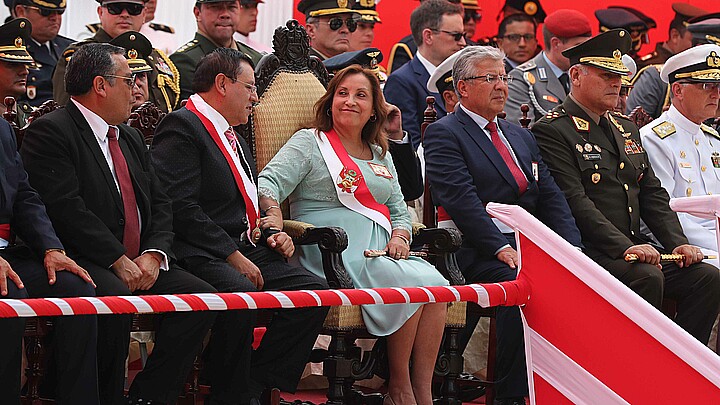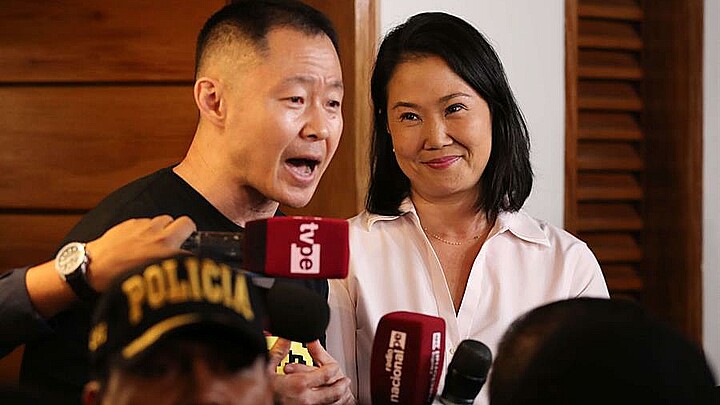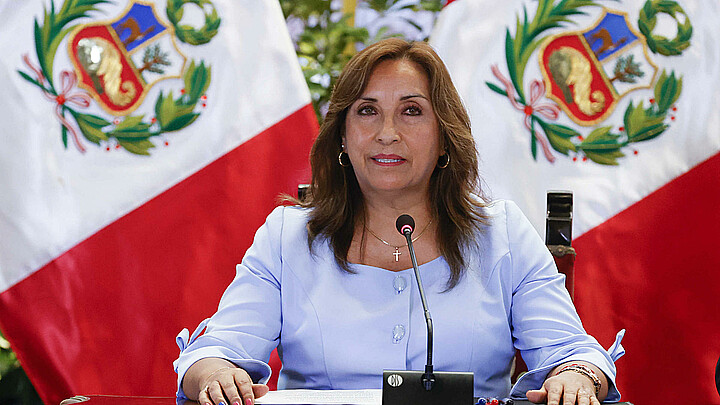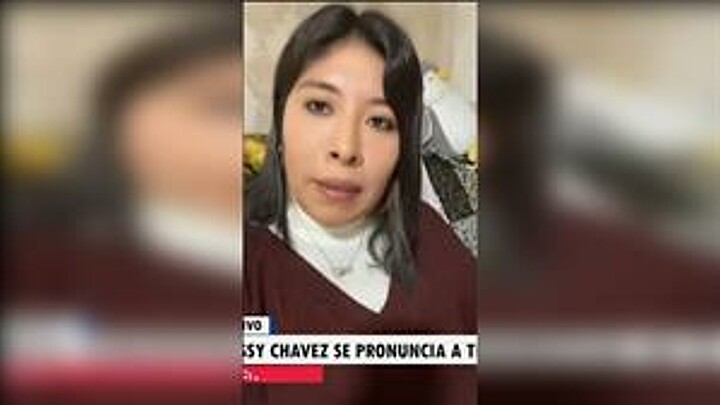Politics
Ousted president Pedro Castillo arrested after coup attempt in Peru
The head of the presidential bodyguard reportedly prevented Castillo's escape and ordered his surrender for violating the Peruvian Constitution.
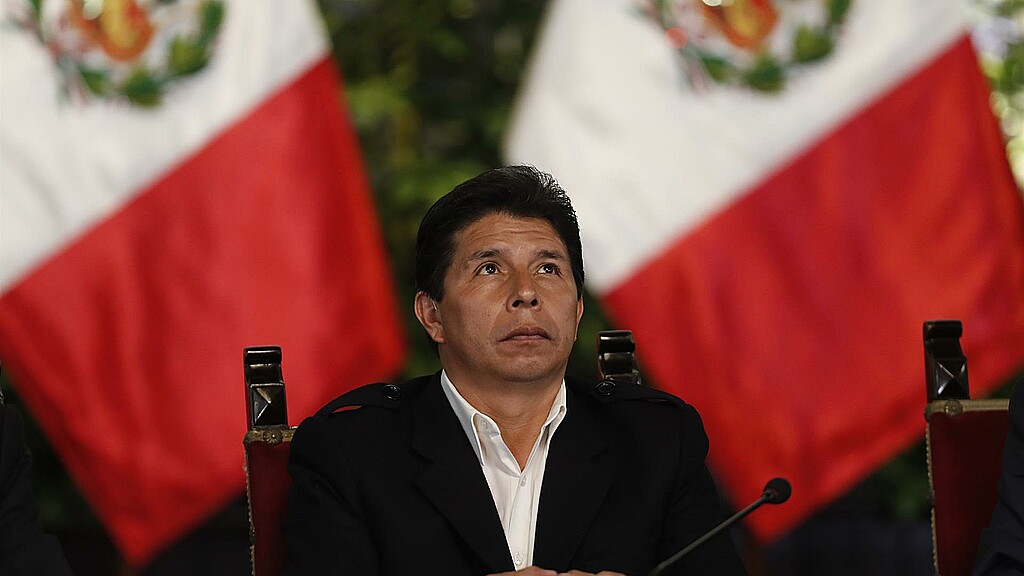
December 7, 2022 3:11pm
Updated: February 21, 2023 4:21pm
Pedro Castillo, who was recently removed as president of Peru by the country's Congress, was arrested by police authorities on Wednesday afternoon after attempting to stage a coup d'état and dismiss Congress.
The Special Team of the Public Prosecutor's Office and the National Police (PNP) intercepted the president at the headquarters of the Prefecture in downtown Lima, according to images shared by La República.
"PNP officers are going to arrest Pedro Castillo after being caught breaking the constitutional order. The former president has arrived at the Prefecture to ask for protection”, added RPP.
The Attorney General of the State, Daniel Soria, announced that he would file a criminal complaint against Pedro Castillo with the Public Prosecutor's Office.
#URGENTE Estas son las primeras imágenes de Pedro Castillo detenido tras dar golpe de Estado. pic.twitter.com/1Jmwb9I8tP
— Política El Comercio (@Politica_ECpe) December 7, 2022
Several citizens headed over to the Mexican embassy in Lima intending to block access to it in case Castillo sought political asylum with the country, reported La República.
Castillo is being held at the Lima police station after leaving the Government Palace shortly after announcing the dissolution of the Congress. Sources close to La Republica informed that the head of the presidential escort prevented Castillo's escape and ordered him to be taken to the police headquarters for violating the Peruvian Constitution.
#URGENTE Estas son las primeras imágenes de Pedro Castillo detenido tras dar golpe de Estado. pic.twitter.com/1Jmwb9I8tP
— Política El Comercio (@Politica_ECpe) December 7, 2022
Primera imagen de Pedro Castillo detenido por la policía. Este es el futuro que le espera a todo aquel que intente imponer una dictadura. pic.twitter.com/WTdrhX56km
— Agustín Antonetti (@agusantonetti) December 7, 2022
The Peruvian Congress voted on Wednesday in favor of the dismissal of President Pedro Castillo, who minutes before announced the temporary dissolution of the legislative body.
With 101 congressmen in favor of the measure, Castillo was removed from office and, per the Andean country's Constitution, Vice President Dina Boluarte assumed the post.
Boluarte also criticized Castillo's dissolution plan, calling it "a coup that aggravates the political and institutional crisis that Peruvian society will have to overcome with strict adherence to the law."
Following Castillo's announcement to dissolve Congress and institute a "government of exception," there were several of his cabinet members resigned such as Minister of Economy and Finance Kurt Borneo, Minister of Labor, Minister of Education Alejandro Salas, and Rosendo Serna, among others.
Manuel Rodríguez Cuadros also presented his irrevocable resignation as Peruvian ambassador to the United Nations "due to the coup d'état that took place in Peru."
Likewise, the Peruvian ambassadors to the Organization of American States (OAS), Harold Forsyth, and to the United States, Oswaldo de Rivero, resigned from their posts.
"For moral and professional reasons, I cannot have any links with a regime that functions on the basis of decrees," Forsyth said during a meeting of the OAS Permanent Council in Washington.

